
Bengaluru, Nov 17: After more than six months since the assembly elections in Karnataka, the opposition BJP has elected the Leader of the Opposition. R Ashoka, leader of Vokkaliga community, former Deputy Chief Minister, MLA from Padmanabhanagar constituency in Bengaluru, has been given the responsibility of the Leader of Opposition.
This decision was taken at the BJP Legislature Party Meeting (BJP Meeting) held at the ITC Hotel in Bangalore on Friday evening. Just last week, BY Vijayendra was appointed as the president of the BJP state unit.
High command observers Nirmala Sitharaman and Dushyant Kumar were present in the BLP meeting held at ITC Hotel in Bangalore under the leadership of state BJP unit president Vijayendra. Former CMs BS Yeddyurappa, Basavaraja Bommai, former minister Kota Srinivasa Pujari and state BJP unit organizing secretary Rajesh and others participated.
Dushyant Kumar Gautam and BS Yeddyurappa implicitly mentioned the High Command's instruction regarding the opposition leaders during their speech to the MLAs. Former CM Basavaraja Bommai suggested the announcement of Ashok's name, while former minister Sunil Kumar approved it.
No one is disappointed, Bellad said that the meeting was not boycotted
Responding to the outburst of discontent before the BJP legislative party meeting, Aravind Bellad said that no one was upset, the BLP meeting was not boycotted, observers got a one to one opinion. He said that there are more MLAs from North Karnataka.
Other than them, Bengaluru's Yeshwantpur constituency MLA ST Somasekhar was absent from the legislative party meeting.








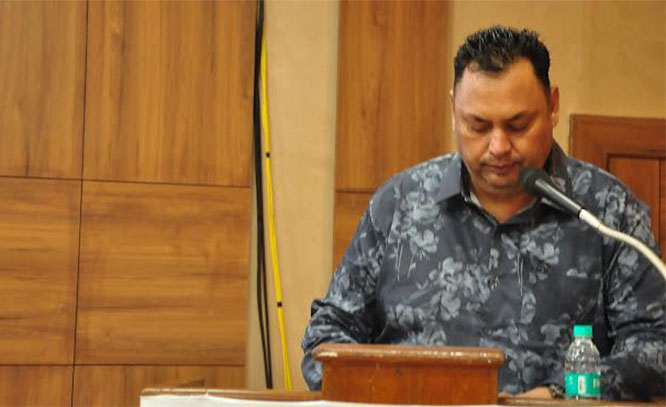
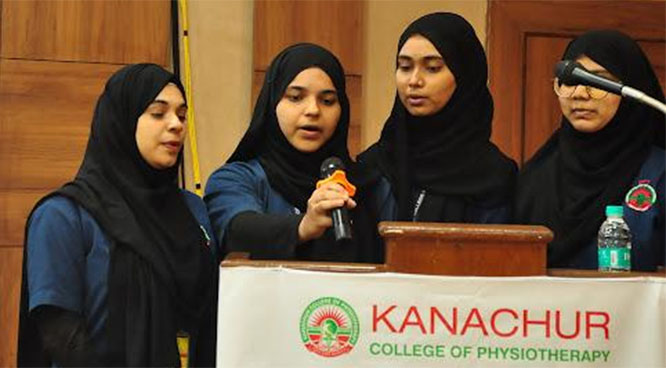

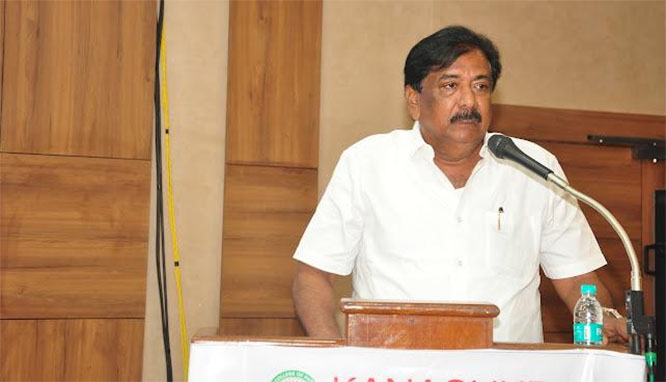
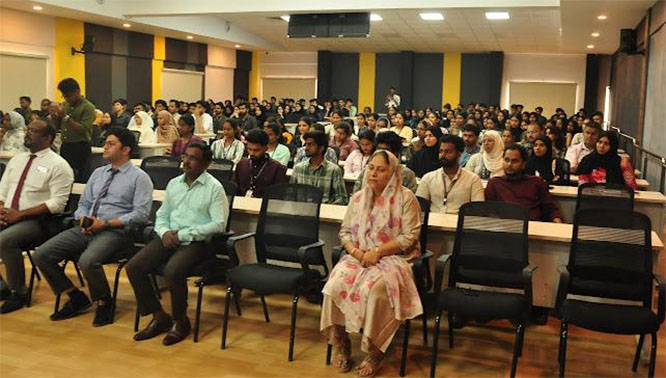
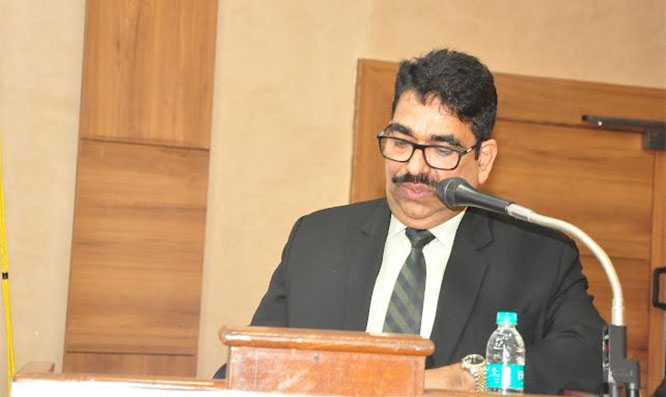
Comments
Add new comment